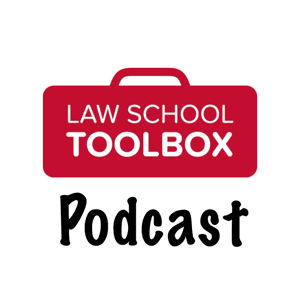Here is the latest episode of all Law, featuring Ms. Kanika Jain and Ms. Aishwarya Vardhan, as they delve into the recent ruling of the Maharashtra AAAR of CHEP India Pvt Ltd.
This ruling examines a transaction and holds that although the supply of goods/services between distinct persons would amount to a supply under GST laws, the mere movement of goods between two GSTINs would not amount to a supply when the GSTIN undertaking such movement is only a bailee of such goods.
This podcast is based on a recent article by Mr. Brijesh Kothary, Ms. Padmasri Manyam, and Ms. Ananya Raghavendra.
Link to the article: Leasing of capital goods between two GSTINs | Lakshmikumaran & Sridharan Attorneys (lakshmisri.com)













